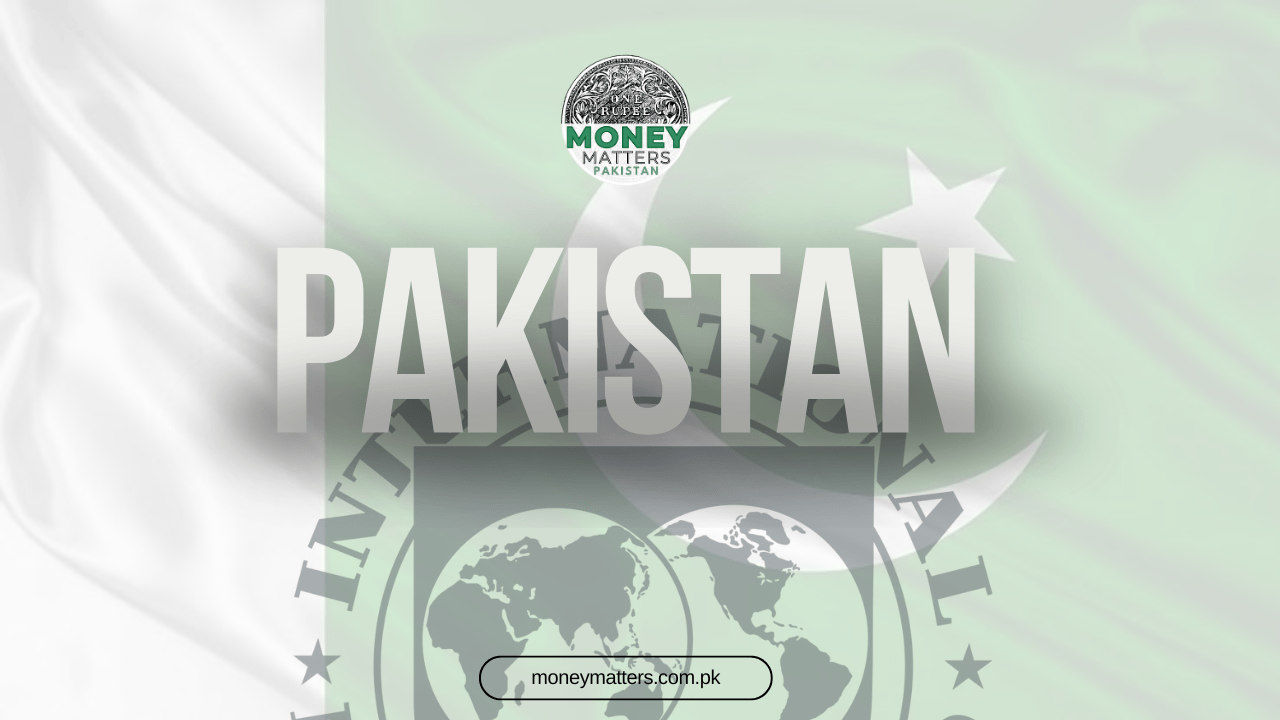Key Takeaways:
- IMF forecasts 3.5% growth for Pakistan in FY2024-25
- Pakistan’s GDP growth in FY2023-24 was 2.4%, below the 3.5% target
- Global economic growth projected at 3.2% for 2024 and 3.3% for 2025
- Inflation and geopolitical tensions present ongoing risks
Pakistan’s Economic Projections
The International Monetary Fund (IMF) has projected Pakistan’s economy to grow at a rate of 3.5% for the fiscal year 2024-25, slightly below the government’s target of 3.6%. The government’s economic survey indicated that the gross domestic product (GDP) grew by 2.4% in FY2023-24, missing the target of 3.5%.
Challenges Faced by Pakistan’s Economy
Pakistan’s economy has been grappling with several challenges, including chronic mismanagement, the Covid-19 pandemic, the impact of the war in Ukraine, and severe supply chain disruptions that have fueled inflation. Additionally, record flooding in 2022 affected a third of the country, exacerbating economic difficulties.
Global Economic Outlook
In its latest World Economic Outlook (WEO) update, the IMF maintained its global GDP growth forecast for 2024 at 3.2% and slightly increased its 2025 forecast to 3.3%. The report highlighted cooling economic activity in the US, a bottoming-out in Europe, and stronger consumption and exports for China.
US and China Growth Projections
The IMF revised its 2024 growth forecast for the US down to 2.6%, citing slower-than-expected first-quarter consumption. For 2025, the US growth forecast remains at 1.9%, reflecting a cooling labor market and moderated spending due to tight monetary policy.
China’s growth forecast for 2024 was significantly raised to 5.0%, matching the Chinese government’s target, due to a strong rebound in private consumption and exports. The 2025 forecast for China was also increased to 4.5%.
Inflation and Geopolitical Tensions
The IMF warned of persistent inflation risks due to high service prices and wage growth in labor-intensive sectors. Renewed trade and geopolitical tensions could further increase the cost of imported goods, exacerbating price pressures.
Protectionism and Policy Risks
The report also cautioned about potential economic policy swings due to upcoming elections, which could lead to fiscal profligacy and increased protectionism. The IMF emphasized the need for policymakers to maintain price stability, gradually ease monetary policy, rebuild fiscal buffers, and promote trade and productivity.
—




